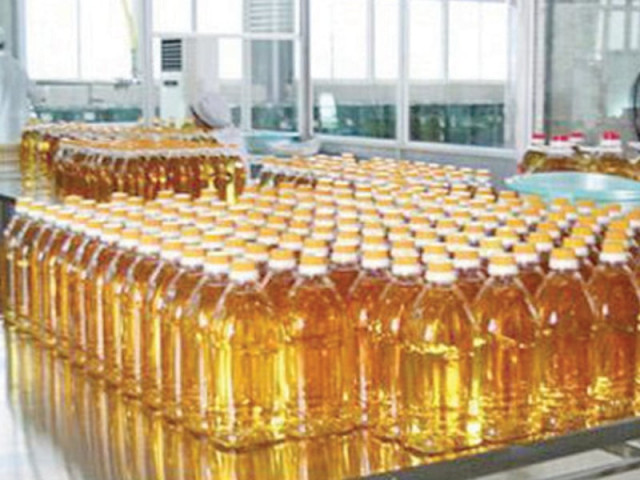Palm oil: High tariffs mean restricted production for refineries
Pakistan increasingly looking towards Indonesia for imports.

“Edible oil refineries in Pakistan have the capacity to handle 5,500 tons per day, but are unable to utilise 100% of their capacity due to tariffs and other obstacles,” he said, while addressing a trade seminar organised by PEORA in collaboration with the Federation of Oils, Seeds and Fats Associations Limited (FOSFA).
According to the World Trade Organisation (WTO), Pakistan imported palm oil and its fractions worth $2.3 billion in 2011. Almost 90% of the palm oil came from Malaysia, while the share of Indonesia remained 9.2%.
Using comparative tariff charts along with actual ups and downs in palm oil’s global import and export in multiple categories, Janmohammed explained in his presentation how Malaysia was gradually losing its market share to Indonesian products in Pakistan in the recent months.
Addressing the audience, Malaysian Consul General in Karachi Abu Bakar Mammat said Malaysia would continue supplying palm oil products to Pakistan, adding that he would look into the issues raised in the PEORA vice chairman’s presentation.
Pakistan imported 1.8 million tons of palm oil and its fractions in 2011. While the value of Pakistan’s imports from Malaysia increased at an annualised rate of 28% between 2007 and 2011, the volumetric rise in imports remained at 18% per annum.
However, Pakistan’s imports from Indonesia decreased 32% annually between 2007 and 2011 in dollar terms, a trend which is shifting in recent months apparently because of cost-competitive products from Indonesia.
Malaysia is the top exporter of palm oil products, with a 43.1% global share in 2011. Indonesia was the second largest exporter in the same category with a global share of 42.7%. The average tariff on palm oil and its fractions that Pakistan applied on imports from all countries was 32.4%.
According to FOSFA – which is an international contract issuing and arbitral body that deals with world trade in oilseeds, oils and fats – out of the total imports of 17 kinds of oils and fats in 2011-12 in Pakistan, palm oil accounted for 94%, soya oil 2%, palmkern/coconut oil 1% and other oils/fats were 2%.
Published in The Express Tribune, December 12th, 2012.



















COMMENTS
Comments are moderated and generally will be posted if they are on-topic and not abusive.
For more information, please see our Comments FAQ